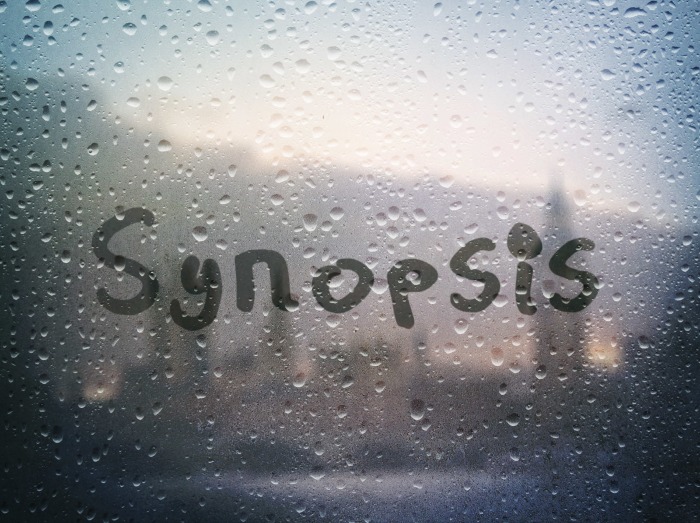Today, let’s try a fun exercise to ramp up your book description in your proposal, which may in turn help your publisher’s marketing team ramp up your book sales!
Bland:
When a man gives a woman a large ring, she is torn about telling him about her past. What she doesn’t know is that he has a secret, too.
Note that this example doesn’t hint at the book’s setting or time period. Though a timeless story is always great, readers still want to know right away where they’re landing. This story could take place almost any time and anywhere from Bible times to contemporary New York. An author can’t depend on a book cover to anchor the reader. It’s the author’s job to entice the reader. And other than the fact both the hero and heroine have secrets, we know nothing else about them. They have no personality. As a reader, I’d be likely to move on to the next book.
Better:
When dark-eyed Byron returns to Boston and surprises shy blonde Promisina with a marriage proposal sealed with his grandmother’s large cluster diamond ring, she’s torn. Should she reveal the secret she’s held close to her heart ever since The Incident that happened after The Great War? But Promisina doesn’t know that the ring is not a symbol of Bryon’s true wealth — or his love. He must stop at nothing to convince Promisina to marry him right away, or he will lose everything — even his life.
This example offers a setting, a time period, a brief description of the hero and heroine, a significant detail about the ring, curiosity about The Incident, and the hero’s high-stakes motive. Granted, this plot will not appeal to every reader, but the blurb offers a chance to make a pretty good assessment of the book so the potential reader can decide whether or not to purchase.
Here’s another bland entry:
A man is called to go on a journey to find a missing woman, but he is forced to take his bratty and demanding sister along.
Your turn:
How can you improve on the better version of Byron and Promisina’s story?
Using either bland entry, write a better blurb.











